Self-Knowledge
Self knowledge is not completely possible. We don’t live in a body or mind where it is achievable — our nervous system is designed to block out infinitely more information than it lets in to awareness.
The body and mind have many effective (and necessary) ways of protecting our conscious selves from pain, and often it can be difficult to access those parts of ourselves. They have to be opened carefully in junction with developing new skills and abilities to handle that pain.
The hope that a human can achieve complete honesty and self knowledge is an understandable but childlike yearning; mostly powered by not knowing most of what’s been unearthed about behavior and motivation via scientific inquiry.
Self knowledge is not the clarity of knowing exactly how everything works inside us. It’s not a perfect transparency but an awareness of the self as an convergence — a living edge between what is known and unknown.
What we can grow to understand is how we occupy this moving edge between the known and the unknown with increasing authenticity and skill.
But a complete, ordered awareness of the self is not possible, and the pursuit of one reduces us in our attempt to achieve it; because we are forced to downplay the enormity of what we can’t know about ourselves in order to make room for the proud “I know myself” proclamation.
The real foundation of the self is in humbly paying extreme attention to ourselves and how we intersect with the world — watching the next step, the next moment, the next word; learning that we are not entirely what we think we are nor entirely what we are about to become.
